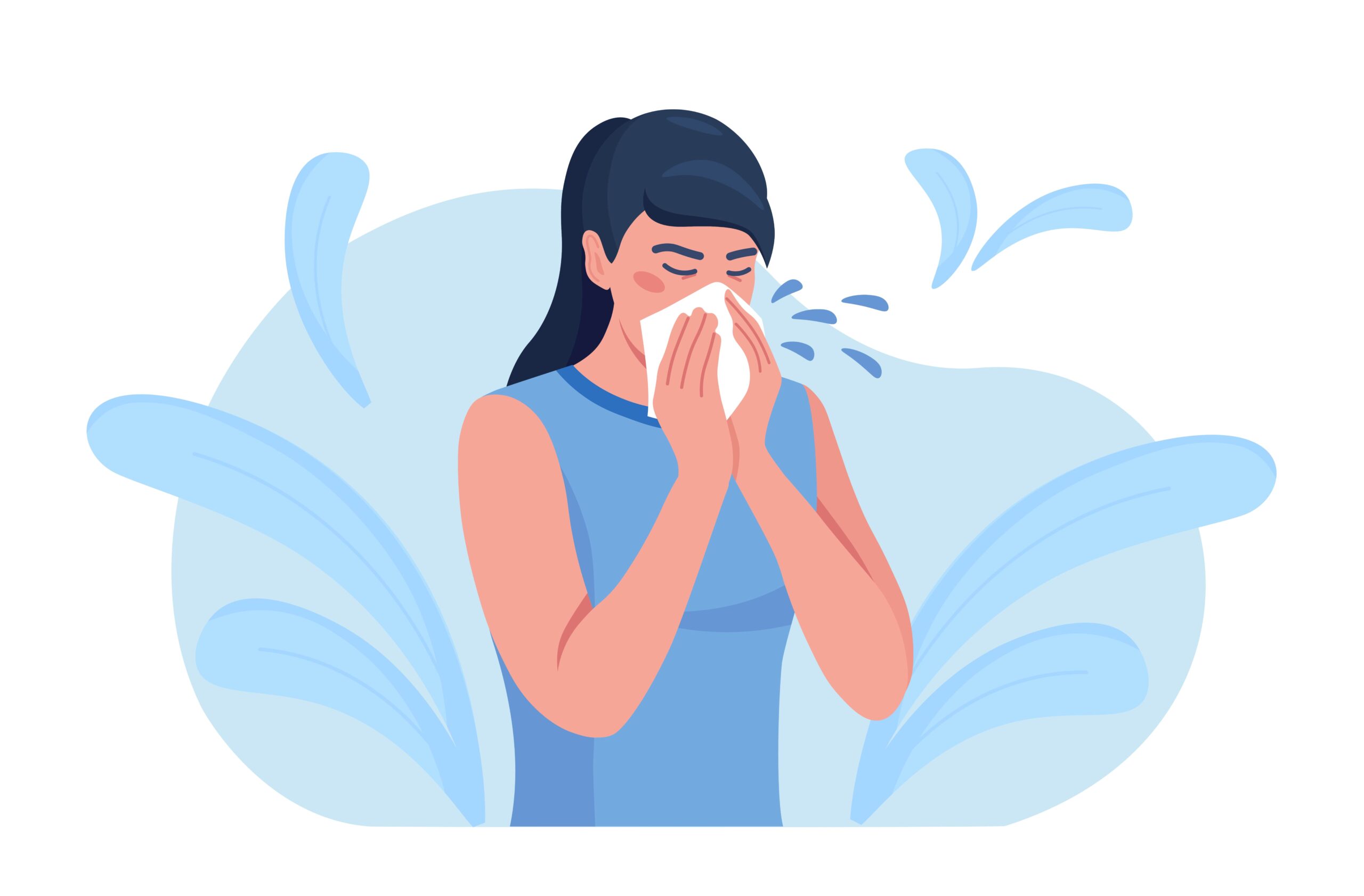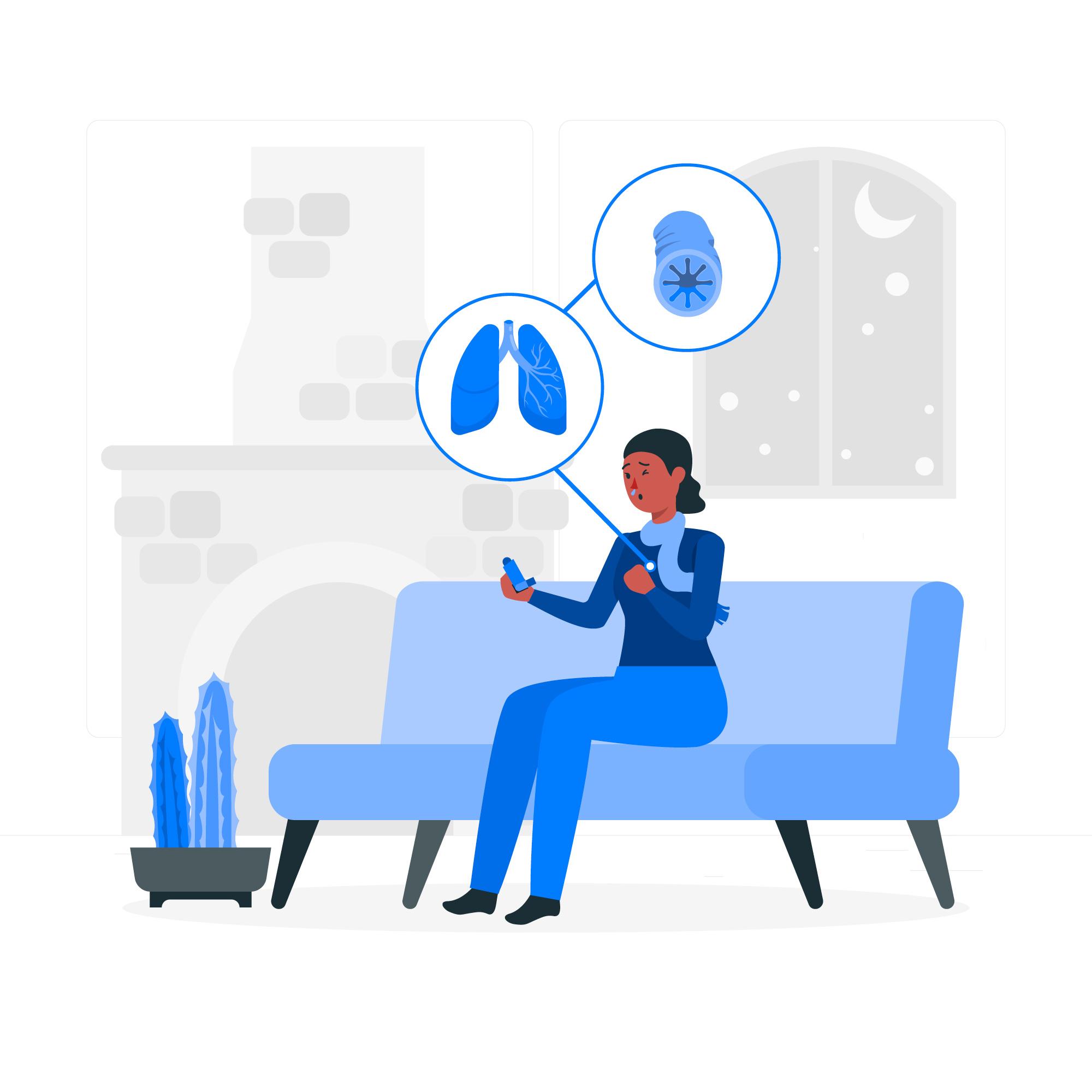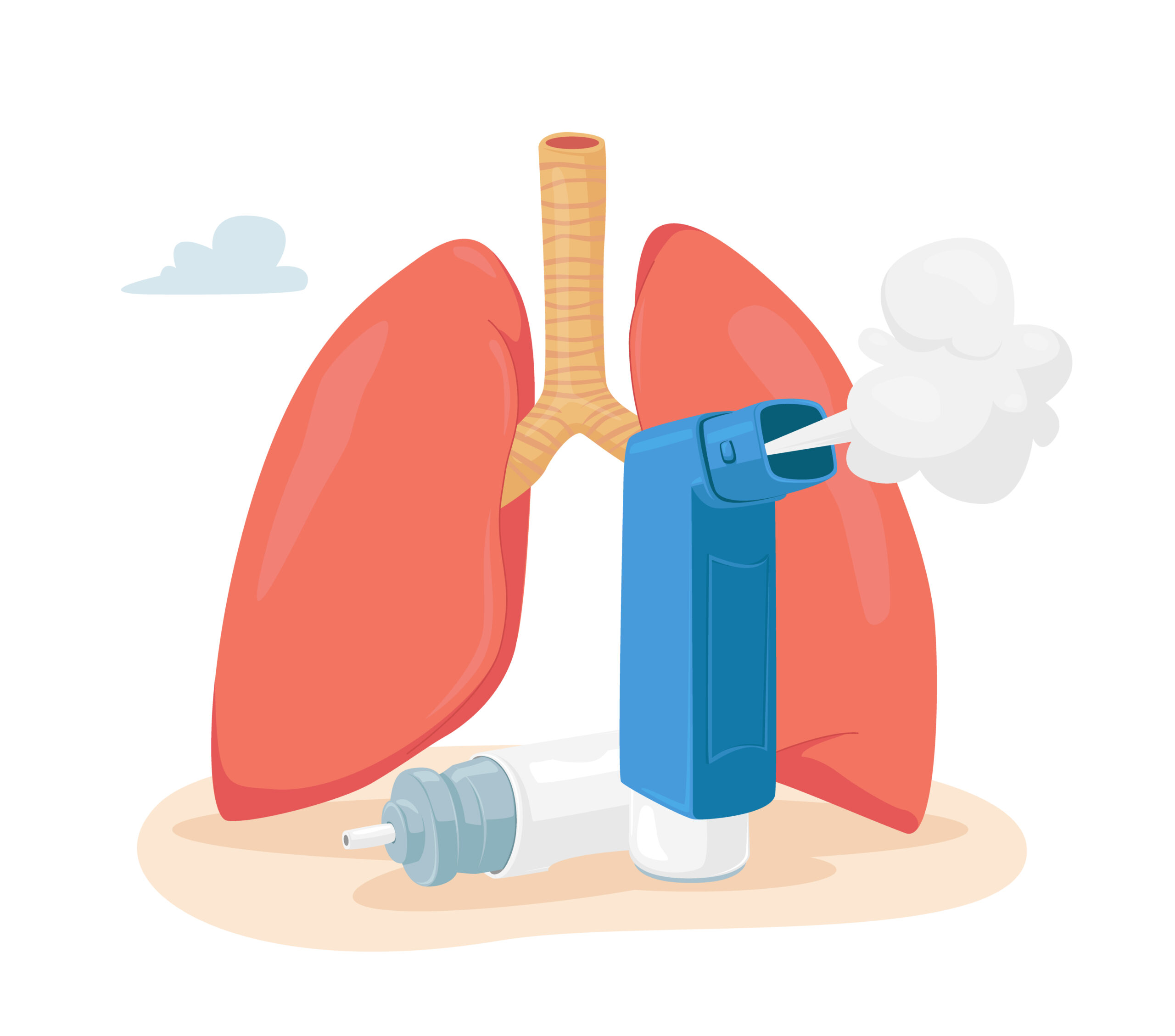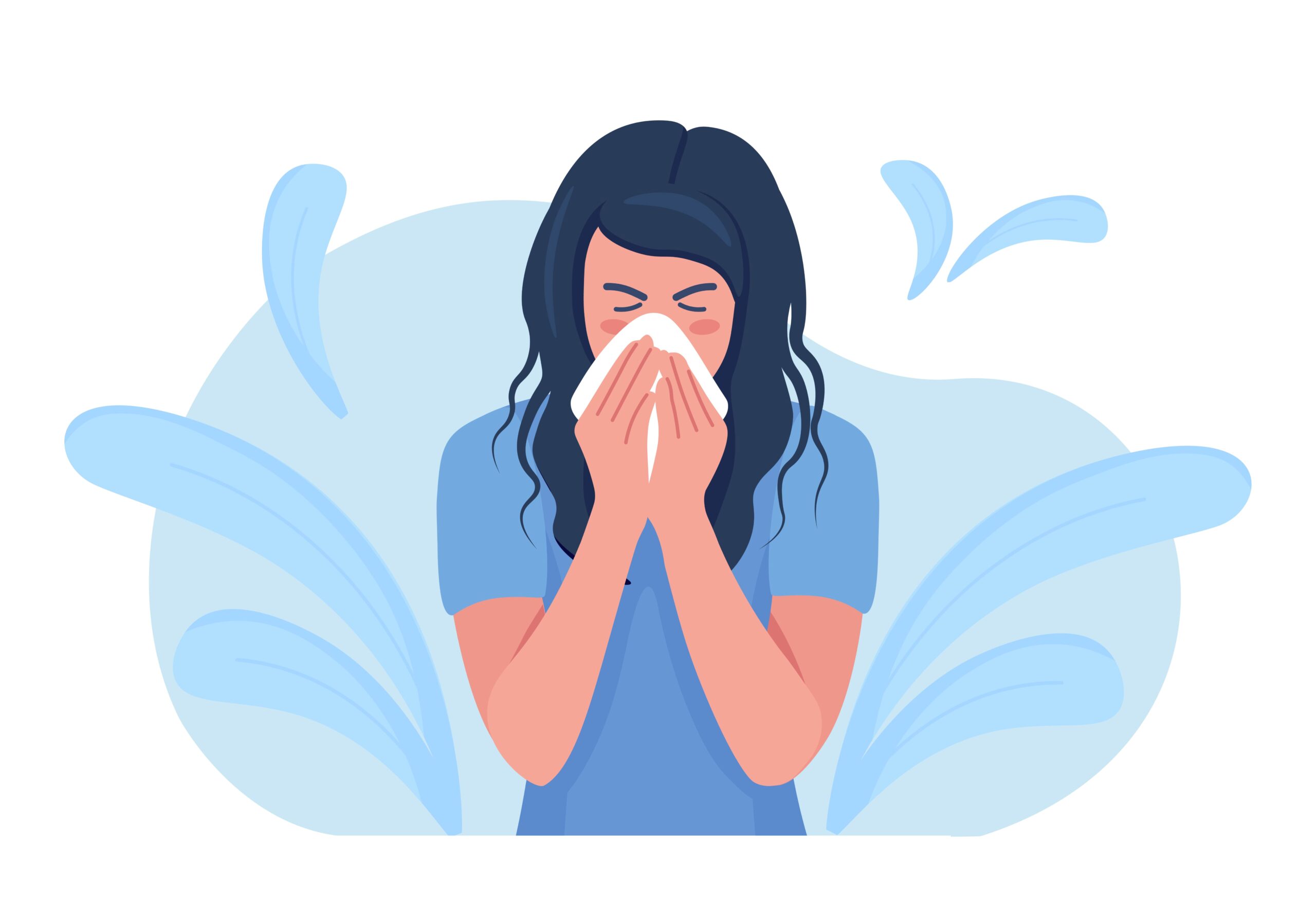ASTHMA - RESPIRATORY ALLERGY CLINIC

The aim of the Respiratory Allergy Specialist Clinic is to "map", as clearly as possible, the particularities of each child's respiratory disease. This leads to a better understanding of the mechanisms of the disease, but also offers the young patient better prevention and more satisfactory control of symptoms. The most important benefit is a clear improvement in the quality of life of the asthmatic child, since the number of exacerbations is significantly reduced.
In practice, however, this gives many other benefits:
- Reduced number of visits - both in regular visits and in hospital outpatient clinics,
- A smaller number of visits to the paediatricians who monitor them,
- fewer hospitalizations/days of hospitalization, and
- fewer days of absence from work for parents, with the ultimate benefit of an overall improvement in the quality of life for both the child and the family.
In the Respiratory Allergy Clinic of the Unit, which has been operating since 2007, cutting-edge diagnostic tests are performed for the evaluation of lung functions in children such as:
- Challenge tests with adenosine, metacholine and exercise,
- spirometry,
- oscillosimetry,
- determination of exhaled nitric oxide (FeNO),
- assessment of inflammation markers in breath concentrate (EBC).
The aim of all the above is to improve the approach, diagnosis and treatment of children with respiratory diseases (mainly asthma). Asthma is nowadays, according to epidemiological data from our country and worldwide, one of the most frequent chronic inflammatory diseases of childhood. Other respiratory diseases include cases of children with chronic cough, persistent or recurrent wheezing episodes, etc.


Asthma is a chronic condition that requires constant treatment and appropriate therapy. According to the National Guidelines for the Diagnosis and Treatment of Asthma, asthma treatment consists of four main components:
- Use of objective means to measure lung function (such as spirometers and flowmeters) to assess the severity of asthma and to monitor the patient's progress.
- Measures for environmental control to avoid or eliminate factors that cause asthma symptoms or attacks.
- Drug therapy: long-term treatment to reverse and prevent airway inflammation on the one hand, and treatment to treat asthma attacks on the other.
- Education aimed at cooperation between patients, their families, the doctor and other health professionals.
In addition, there are six goals for effective asthma management:
- Prevention of chronic and bothersome symptoms.
- Maintaining "normal" breathing.
- Maintaining normal activity levels, such as physical activity.
- Preventing recurrent asthma attacks and reducing the need for emergency room visits and hospitalization.
- Administering appropriate medication with little or no adverse effects.
- Meeting the expectations of patients and their families for satisfactory asthma care.
The allergists in our facility will work with the young patient and their family toward these goals. Asthma should not interfere with participation in normal activities or quality of life.




